When I’m on the phone with my parents hearing about the rain back in Ireland, it makes me think it certainly would not have gone unused here in mid-Canterbury.
Typically, March brings more consistent rainfall and marks the end of any soil moisture issues, although this was not the case this summer.
In most parts of Canterbury, dairy farms are irrigated to apply water, and it is no different on our farm. When we started irrigating around mid-February, we discovered an issue with one of the farm’s three main water pumps; it began to surge with pressure that could not be regulated.
The importance of this is to ensure that when pivots pass over the ground, they can supply an even amount of water to the soil, mimicking natural rainfall. Following the discovery of this issue, I enlisted the help of experts from one of the many irrigation companies in the district.
On inspection, they believed we needed a new pump, which would incur significant costs compared to a simple repair. However, we still believed that the issue might be due to the pump sucking in air, as we could hear air in the system.
So, another company was called in, identifying a different solution. We gave that a go, but still experienced the same surging issue. The second company came back and finally determined that our pump intake had a hole.
That led to the intake being lifted out and sent to Christchurch for over a week. Eventually, this solved the issue, but it ended up being a process that took around six weeks and resulted in little to no irrigation on 25% of the farm during that period.
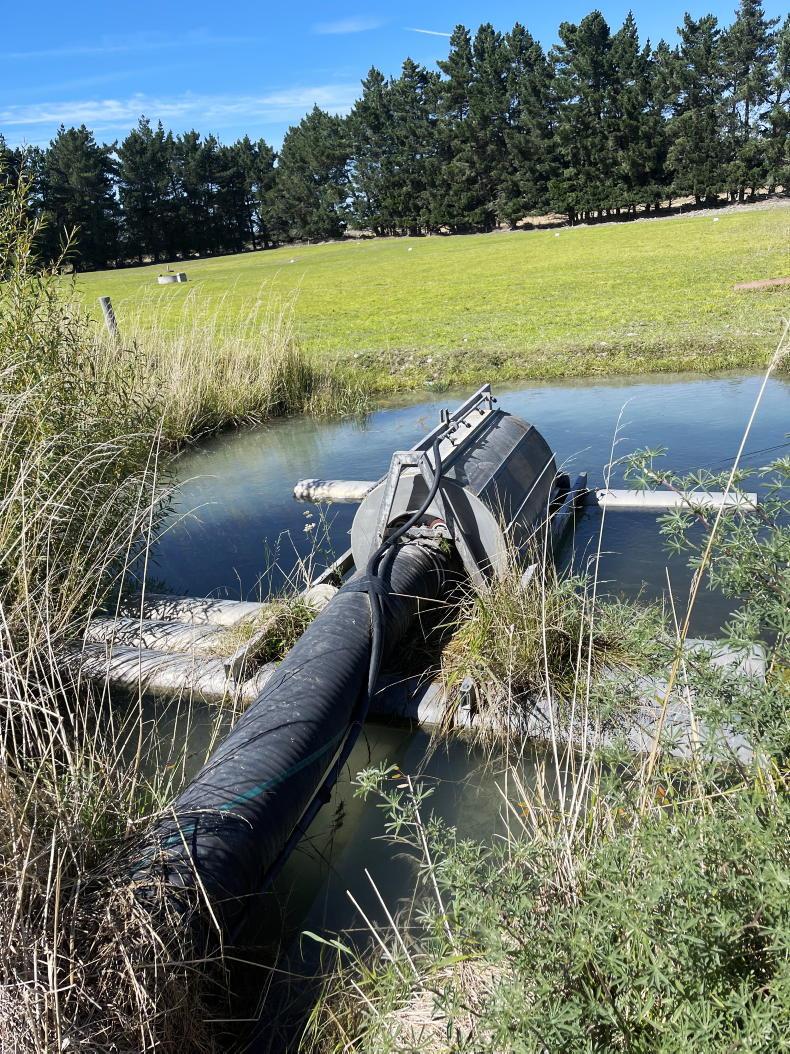
The pump on the irrigation system had a hole that was sucking in air.
Grass covers
All this occurred at a critical time when the aim is to build grass covers in the lead up to calving next season. This meant we had to dry off some cows to reduce demand, allowing us to still increase covers as best we could.
These sorts of issues are what I see as the big learnings from being in New Zealand (NZ).
If it’s not dealing with businesses and trying to make things happen, it is learning how to manage staff.
On this farm, I currently manage three staff, which increases to four or five during the calving and breeding season (July to December).
People management can be some of the best and worst parts of the job, and the importance of every person is clear when dealing with bigger issues outside of your control. Being a ‘people person’ is one of the primary factors to success in NZ dairy.
The day-to-day issues of farming are very similar to home, and maybe just the numbers are bigger, but when it comes to dealing with staff, that’s when you can be overwhelmed.
In the evenings, it can be a challenge to be able to switch off from what is going on at the farm or with staff, but I am fortunate to have a girlfriend, who can highlight when this interferes with my personal life.
When I’m on the phone with my parents hearing about the rain back in Ireland, it makes me think it certainly would not have gone unused here in mid-Canterbury.
Typically, March brings more consistent rainfall and marks the end of any soil moisture issues, although this was not the case this summer.
In most parts of Canterbury, dairy farms are irrigated to apply water, and it is no different on our farm. When we started irrigating around mid-February, we discovered an issue with one of the farm’s three main water pumps; it began to surge with pressure that could not be regulated.
The importance of this is to ensure that when pivots pass over the ground, they can supply an even amount of water to the soil, mimicking natural rainfall. Following the discovery of this issue, I enlisted the help of experts from one of the many irrigation companies in the district.
On inspection, they believed we needed a new pump, which would incur significant costs compared to a simple repair. However, we still believed that the issue might be due to the pump sucking in air, as we could hear air in the system.
So, another company was called in, identifying a different solution. We gave that a go, but still experienced the same surging issue. The second company came back and finally determined that our pump intake had a hole.
That led to the intake being lifted out and sent to Christchurch for over a week. Eventually, this solved the issue, but it ended up being a process that took around six weeks and resulted in little to no irrigation on 25% of the farm during that period.

The pump on the irrigation system had a hole that was sucking in air.
Grass covers
All this occurred at a critical time when the aim is to build grass covers in the lead up to calving next season. This meant we had to dry off some cows to reduce demand, allowing us to still increase covers as best we could.
These sorts of issues are what I see as the big learnings from being in New Zealand (NZ).
If it’s not dealing with businesses and trying to make things happen, it is learning how to manage staff.
On this farm, I currently manage three staff, which increases to four or five during the calving and breeding season (July to December).
People management can be some of the best and worst parts of the job, and the importance of every person is clear when dealing with bigger issues outside of your control. Being a ‘people person’ is one of the primary factors to success in NZ dairy.
The day-to-day issues of farming are very similar to home, and maybe just the numbers are bigger, but when it comes to dealing with staff, that’s when you can be overwhelmed.
In the evenings, it can be a challenge to be able to switch off from what is going on at the farm or with staff, but I am fortunate to have a girlfriend, who can highlight when this interferes with my personal life.





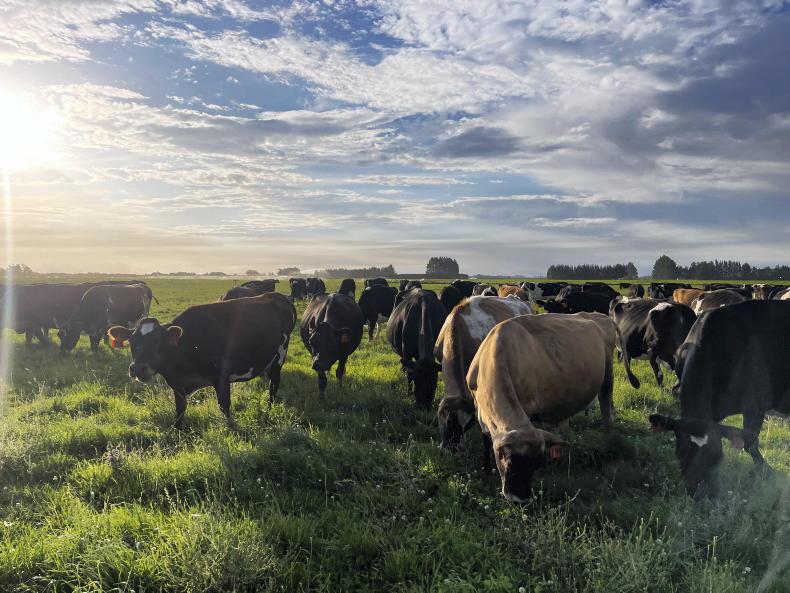
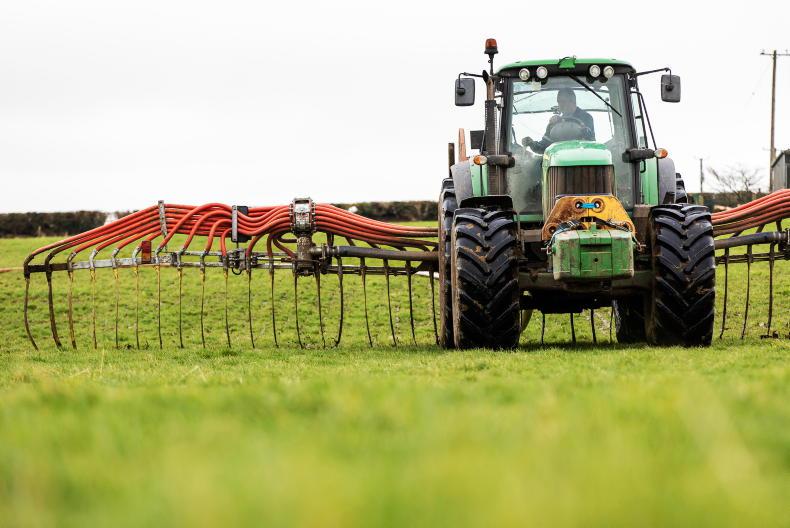


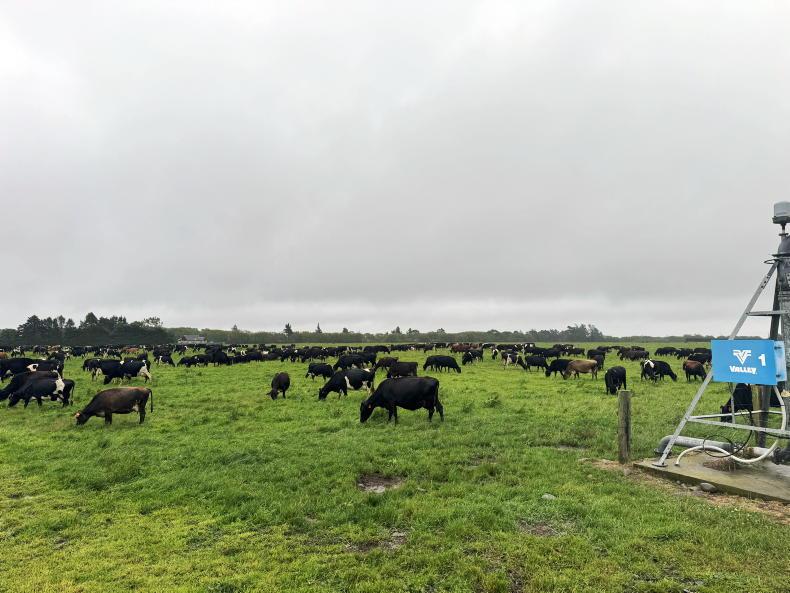
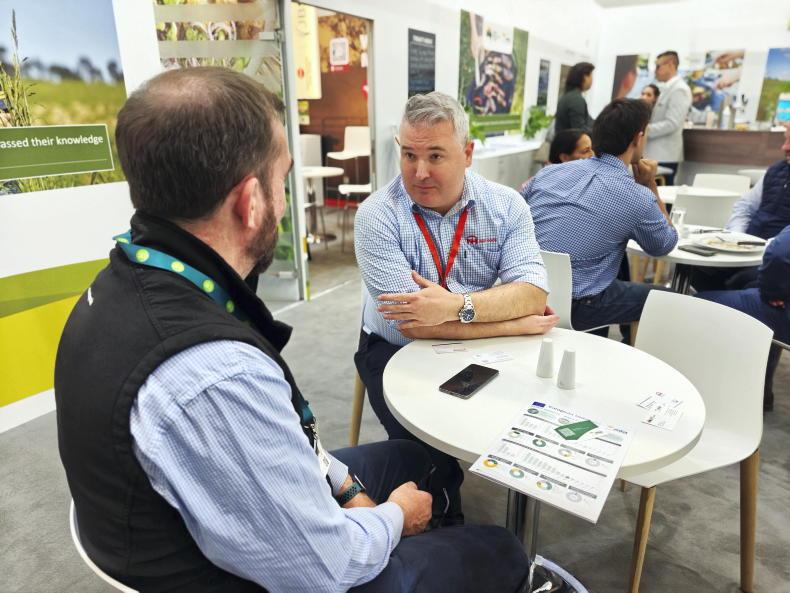
SHARING OPTIONS